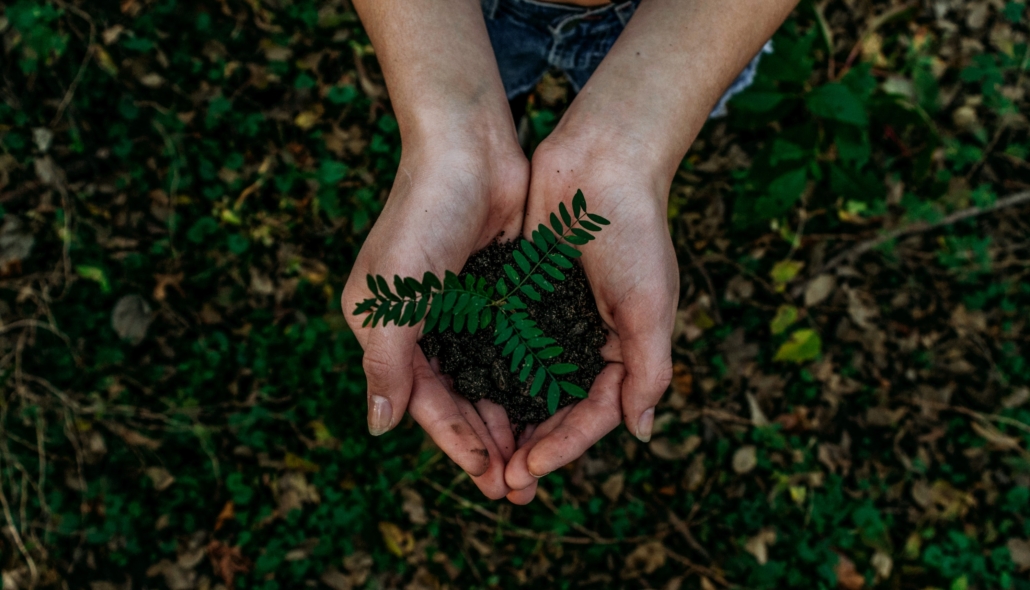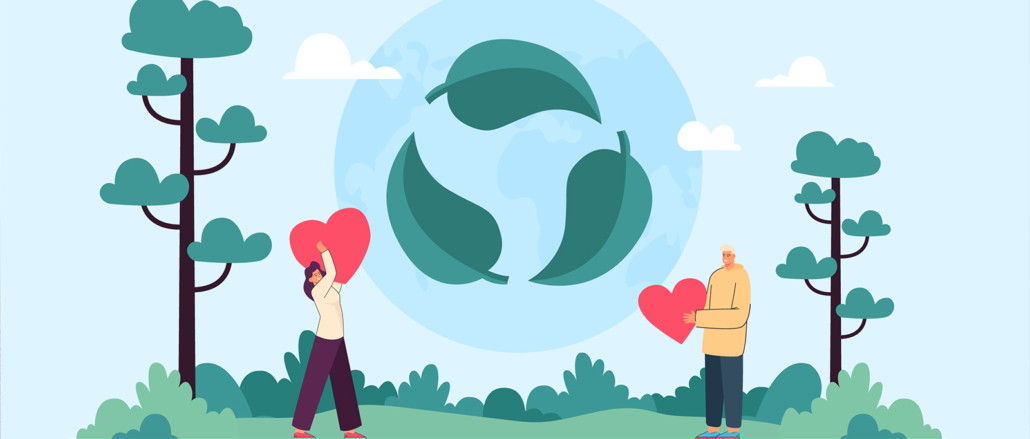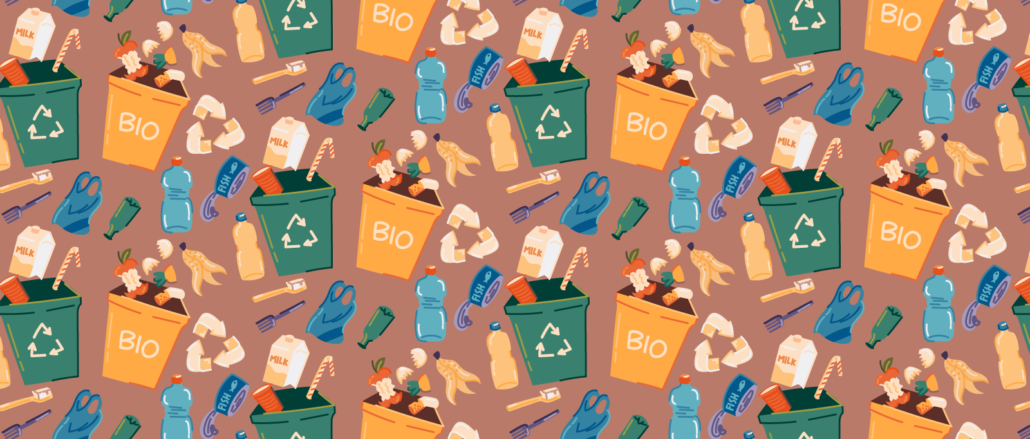
22 May was International Day for Biological Diversity!
The correlation between the increase in waste production and the collapse of biodiversity has been established by numerous studies.
According to the United Nations, biodiversity represents all forms of life on Earth, as well as their natural characteristics. There are thought to be between 8 and 12 million animal and plant species
According to the IPBES, we are not yet in a situation of mass extinction. In fact, during previous periods of extinction, more than 80% of species disappeared, which is still not the case today. On the other hand, we can speak of a collapse in biodiversity: the extinction rate is currently 100 to 1,000 times higher than that calculated over geological time. The decline is taking place at a very rapid pace. Ecosystems are deteriorating too quickly for species to adapt, so many are at risk of extinction.
This is achieved through a number of factors. Firstly, marine plastic pollution has increased tenfold since 1980, affecting at least 267 species. Also, in 2018, the highest concentration of microplastics ever measured was found in the Arctic pack ice (12,000/L).
Faced with this alarming situation, it will be necessary to reduce waste in order to preserve biological diversity and aspire to a better world by taking care of biodiversity. We need to commit to the circular economy and encourage reuse.
CircularPlace proposes to drastically reduce the effects of waste on the environment, by limiting it as much as possible.
A reused product is one less piece of waste!
We also work with our customers to find the best solution for their returns and unsold goods, so that they are never destroyed or landfilled.
Questions about CircularPlace?
Want to follow us?
Subscribe to our newsletter!



